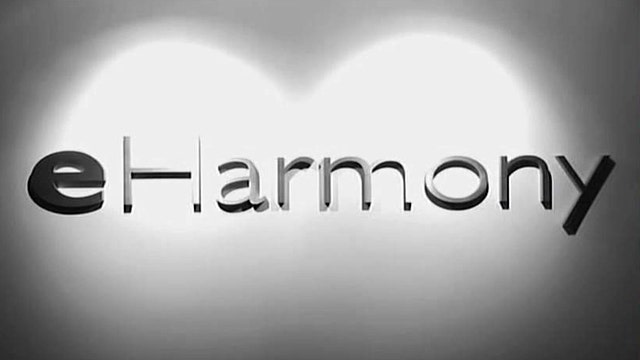This is a rush transcript from "Your World," August 4, 2014. This copy may not be in its final form and may be updated.
NEIL CAVUTO, HOST: Online matchmaker eHarmony announces plans to launch a new service that will pair job-seekers with their ideal boss using the same process it uses to match people looking, well, for their ideal love.
And eHarmony CEO Neil Clark Warren is the guy behind it all.
Very good to have you back with us.
How does this work? How do you hook people up to the right boss?
NEIL CLARK WARREN, CEO, EHARMONY: Well, Neil, we have had over 600,000 marriages on eHarmony.com, and we have a divorce rate of only 3.86 percent.
But we have a basic problem. And that is, we have spent over a billion dollars on advertising. We have only one product. We're pretty good at matching. We think we can take that matching to the employment area. And we can help people find the job they will really fit with.
And we do that on the basis of getting them to the right culture, the culture that fits with them, and getting them through the org chart to the right boss who can really match up with them. And we think over time, we will be as successful with employment as we are with matching for marriage.
CAVUTO: Well, I hope you're right, Neil.
But the bosses don't stay around long, and I think in this environment a lot of potential employees are beggars that can't be choosers. They will settle on any job, even if it's reporting to a boss who is more like Attila the Hun.
WARREN: Yes, the average length of a job in the United States, Neil -- by the way, I love having your name, Neil, because we have the same name.
CAVUTO: Divine inspiration.
WARREN: I can remember it.
Yes.
(LAUGHTER)
WARREN: It's like Warren Buffett.
CAVUTO: Sure.
WARREN: I always say, what's his first name again? It's my name.
But, at any rate, the average length of a job in the United States is only four-and-a-half years. We think that's really sad, because there's such a loss of productivity and such a difficulty for the person in moving from one job to the other.
We think that it's not a mystery why that happens. No deep matching is -- has been done in the area of employment. And we think we will be able to contribute that. That's what we hope very much to do.
CAVUTO: But what do you do, Neil? Do you give them a survey? Like, it would say, I don't like bosses who are always looking over my shoulder? Or what kind of questions do they have to answer?
WARREN: Well, we start off with the matter of culture.
We want every person in the company that we're working with to take a culture test. It's relatively small. We're interested in what they are looking for in their work and what kind of conditions that they want.
And then, after culture, we begin to look at the personality characteristics of the applicant and the personality characteristics of the person to whom they will report.
And that, along with the people who will work in the same unit with them, we have found, over our three years of testing, really makes for a huge difference in the overall satisfaction of both the bosses and the company and the applicants.
CAVUTO: You could get a 2-1 one deal, Neil. They could hook up with the - - at work with their ideal person, right? You never know.
WARREN: Say that one more time, Neil.
CAVUTO: No, it's a stupid point I made. I'm just saying that they could combine your services, find their perfect date at work, at the job you get them.
(LAUGHTER)
CAVUTO: That was my immediate reaction after I said it, too.
WARREN: Well, we don't really want...
(LAUGHTER)
CAVUTO: No, I -- Neil, you're being kind.
Dr. Neil Clark Warren, the inspiration behind eHarmony, CEO and founder, all right.
Content and Programming Copyright 2014 Fox News Network, LLC. ALL RIGHTS RESERVED. Copyright 2014 CQ-Roll Call, Inc. All materials herein are protected by United States copyright law and may not be reproduced, distributed, transmitted, displayed, published or broadcast without the prior written permission of CQ-Roll Call. You may not alter or remove any trademark, copyright or other notice from copies of the content.





















